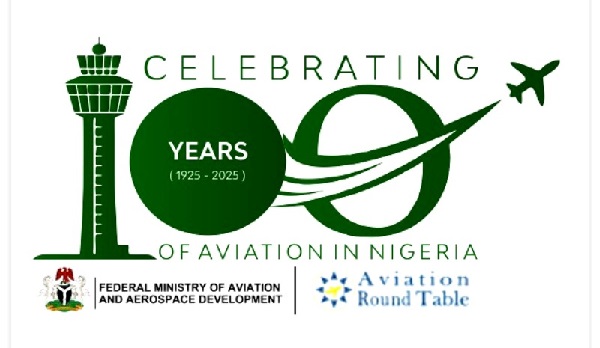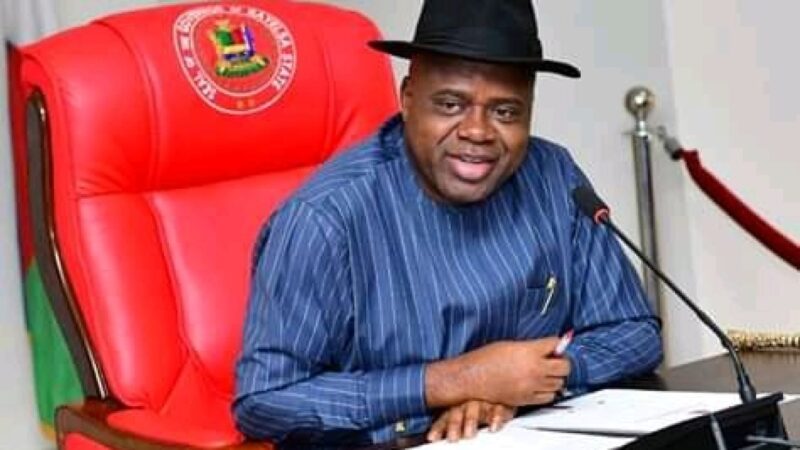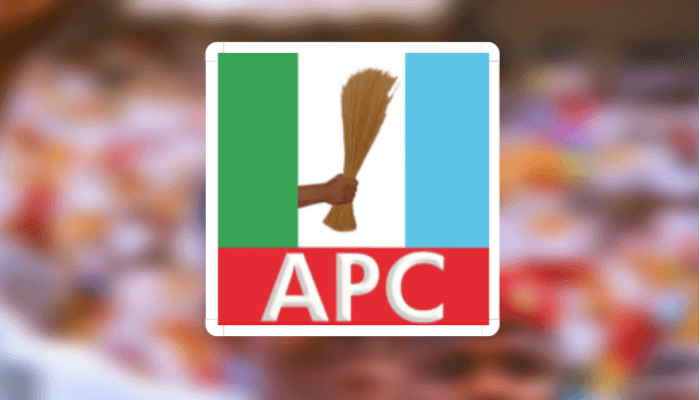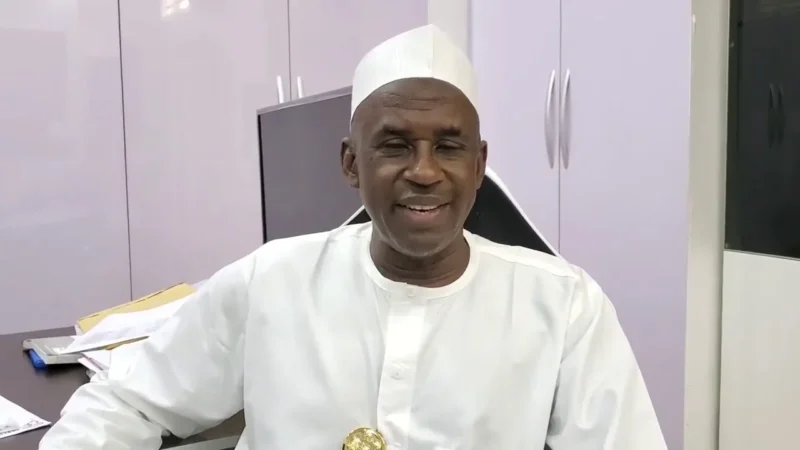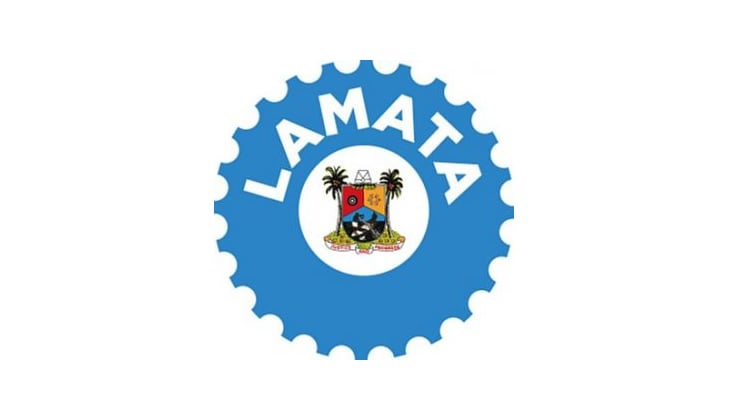INEC To Publish Details Of Edo State Governorship Candidates
 The Independent National Electoral Commission, INEC, has given update on the upcoming Governorship elections scheduled to hold in Edo and Ondo States.
The Independent National Electoral Commission, INEC, has given update on the upcoming Governorship elections scheduled to hold in Edo and Ondo States.
Speaking during the first quarterly consultative meeting with the media, Chairman of the Commission, Mahmood Yakubu, the INEC is ready and has increased activities for the forthcoming off-cycle Governorship elections in Edo and Ondo States.
Yakubu, said that by the Timetable and Schedule of Activities released by the Commission in September last year, the Edo Governorship election will hold on Saturday 21st September 2024 while that of Ondo State is scheduled for Saturday 16th November 2024.
This means that the INEC, has just six months to the Edo State Governorship election and only eight months before the Ondo State Governorship election.
Speaking on the Edo State elections, he disclosed that 18 Political Parties conducted their primaries monitored by the Commission.
Going by the provision of the Timetable for the election, Political Parties have 20 days from 4th March 2024 to upload the list and personal particulars of their candidates to our dedicated web portal, he said.
Yakubu, revealed that 10 Parties have done so and the Commission expect the other Parties to comply before the deadline of 6pm on Sunday 24th March 2024 when the portal automatically shuts down.
A week later on 31st March 2024, the Commission will publish the personal particulars of the candidates (Form EC9) as required by law, and the Chairman therefore urged the media and the general public, particularly registered voters in Edo State, to scrutinise the bio-data and credentials of the candidates which is the essence of the publication as provided by law.
On the Ondo State Governorship election, Yakubu, said Political Parties will commence their primaries for the Governorship election in the next two weeks.
“At the moment, 17 out of 19 Parties have indicated interest in participating in the election.
“I urge media organisations to engage with Political Parties as well as their aspirants and report on the primaries with the same diligence and depth you report on the main election conducted by INEC. Doing so will go a long way to strengthen our democracy since only the products of the party primaries are ultimately placed on the ballot paper for citizens to vote for in the main election. Party primaries are as important as the main election conducted by INEC.”
Only last month, the Commission conducted 48 elections made up of 9 bye-elections and 39 re-run elections in 26 States of the Federation involving three Senatorial Districts, 17 Federal Constituencies and 28 State Constituencies spread across 8,934 Polling Units in 575 Wards located in 80 Local Government Areas with a total of 4,904,627 registered voters. I have said repeatedly that there is no election season in Nigeria any longer. Elections are held regularly and all-year round between one general election and another.
He pointed that one very important reality in today’s age of information technology is the spread of fake news and misinformation instantly and on a global scale.
“As I said on many occasions, INEC does not believe in censorship. The best antidote to fake news is greater openness and transparency. It is in furtherance of this policy that the Commission interfaces regularly with stakeholders through our regular consultative meetings. We appreciate our partnership with the media and I want to reassure you that INEC will continue to work closely with you.
“We welcome your reports, commentaries and analyses on elections in particular and electoral activities in general. More specifically, some of the innovations introduced by the Commission to improve service delivery to the electorate, ensure the safety and security of journalists and grant them unimpeded access to various locations during elections and electoral activities draw from your reports as well as the suggestions and recommendations made during our quarterly meetings. I urge you to continue to be a bulwark against fake news and misleading narratives about the Commission and its activities.”


